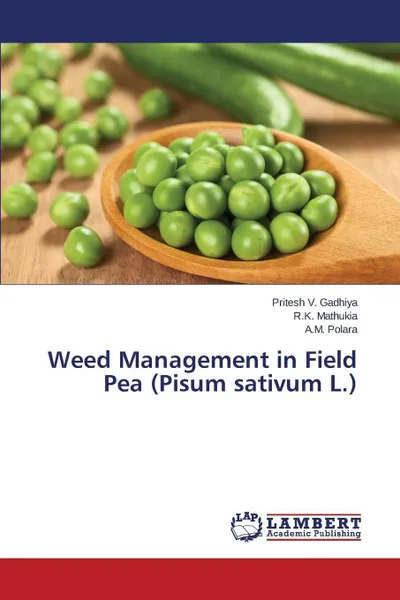Weed Management in Field Pea (Pisum sativum L.) 12+
2015
140 страниц
Категория: Научная литература
ISBN: 9783659683886
Язык: Английский
📘 Pulses are considered as life blood of agriculture because they occupy a unique position almost in all cropping systems as main, catch, cover, green manure, intercrop and its inclusion in crop rotation, thereby, kept the soil alive and productive. They enrich the soil fertility in terms of addition of organic matter and nitrogen through biological nitrogen fixation through Rhizobia. India is the largest producer and consumer of pulses in the world, contributing around 25% of the total global production. Field pea (Pisum sativum L.) is an important popular pulse crop of India. Weeds are big constraints in crop production and responsible for heavy yield losses. It is well known fact that weeds are the biggest menace for crops. Herbicides used alone or in combination with other weed management techniques reduce weed crop competition and the risk of weeds growing unchecked in period of adverse weather or soil condition. Taking note of the facts highlighted above, a field experiment was conducted to evaluate integrated weed management practices in field pea.
Мнения
